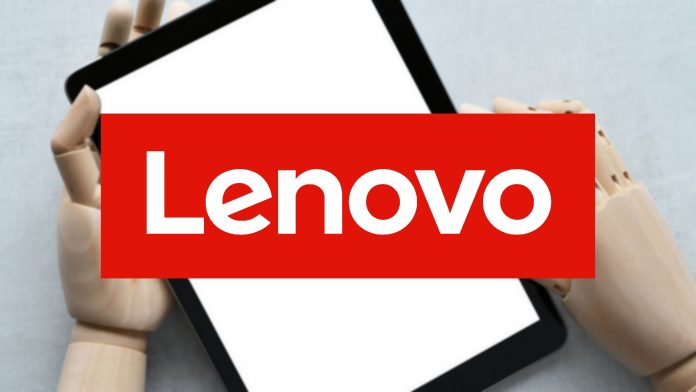Lenovo is stepping up its game in the device management arena, marking a significant shift that could set a new standard for small businesses. In an era where efficiency and innovation are paramount, Lenovo is embracing advanced technology to streamline its device deployment process, a move that aims to significantly enhance employee productivity while cutting costs.
For small business owners, the need for cutting-edge technology has never been more critical. Lenovo’s recent updates highlight the importance of equipping teams with modern, AI-ready devices, and how effective device management can lead to streamlined operations and better resource allocation. Taylor Blackley, Americas/EMEA Deskside Support & DaaS Manager at Lenovo, points out that outdated systems can lead to inefficiencies, stating, “Our people would often just put their old device in a drawer and forget about it.”
Lenovo’s previous device management approach relied on a custom-built tool called Global Asset Management System (GAMS). However, the complexity of GAMS often hindered employees from efficiently requesting new devices, leading to delays that could extend up to six weeks. Additionally, mismanaged returns resulted in escalating costs for the company—a challenge familiar to many small business owners.
This prompted Lenovo to pivot towards a more user-friendly solution. By adopting a Device as a Service (DaaS) model, Lenovo is redefining the way businesses approach hardware procurement. The company’s new Everything as a Service (EaaS) framework simplifies device management by allowing employees to handle every step of the device lifecycle—from requesting new devices to returning old ones.
Sophia Wang, Advisory IT Specialist and DaaS Manager for PRC at Lenovo, explains, “In Australia, our employees don’t even touch GAMS; the IT team places orders on their behalf because the system is seen as too complicated for non-finance people to use.” This stark contrast highlights the importance of user-centric solutions for small businesses, where time is often of the essence.
The new EaaS system employs Lenovo’s global Customer Fulfillment Service (CFS) hubs to customize devices with the necessary software before they reach the employees. The latest offerings, including the ThinkPad T14s, are designed with AI capabilities, enhancing day-to-day operations and securing a competitive edge.
The benefits are tangible. Reports indicate that employees can now receive fully configured devices in as little as one day—a drastic improvement that signifies a 98% reduction in wait time. Blackley affirms, “This Lenovo Powers Lenovo solution is a major boost to employee experience and productivity.” Moreover, with services like Premium Support included, issues are resolved quickly without the need for employees to send their devices away for servicing.
As Lenovo continues to expand its TruScale DaaS model, the positive economic impact on the company is noteworthy. By increasing efficiency and properly managing unused software licenses from decommissioned devices, Lenovo is carving out substantial cost savings that can be reinvested in higher-spec devices for its workforce. Wang elaborates, “We believe this saves around 50% of the IT-related cost of deploying a new device to an employee.”
For small business owners looking to modernize their tech infrastructure, the lessons from Lenovo’s experience are clear. Embracing an as-a-service model can not only cultivate a more agile work environment but also ensure that resources are utilized effectively. The concern over device lifecycle management is valid; however, Lenovo’s approach offers a blueprint for harnessing technology to overcome such challenges.
Nevertheless, the adoption of new systems isn’t without its hurdles. Small businesses must ensure they have the right support and structure in place to transition from traditional procurement methods to a more dynamic service-based approach. Training staff on new systems can pose a challenge, as evidenced by Lenovo’s initial struggles with GAMS. Business owners should carefully consider whether the benefits of reduced wait times and improved efficiency justify the investment in new technology.
The transformation at Lenovo serves as a timely reminder that in the fast-paced world of business, adapting to the needs of employees is crucial. By investing in innovative tools and processes, companies can not only enhance their operational efficiency but also empower their workforce to provide better service to their customers.
For more insights into Lenovo Digital Workplace Solutions and its innovative approach to device management, visit Lenovo News.
Image Via Envato: MargJohnsonVA



